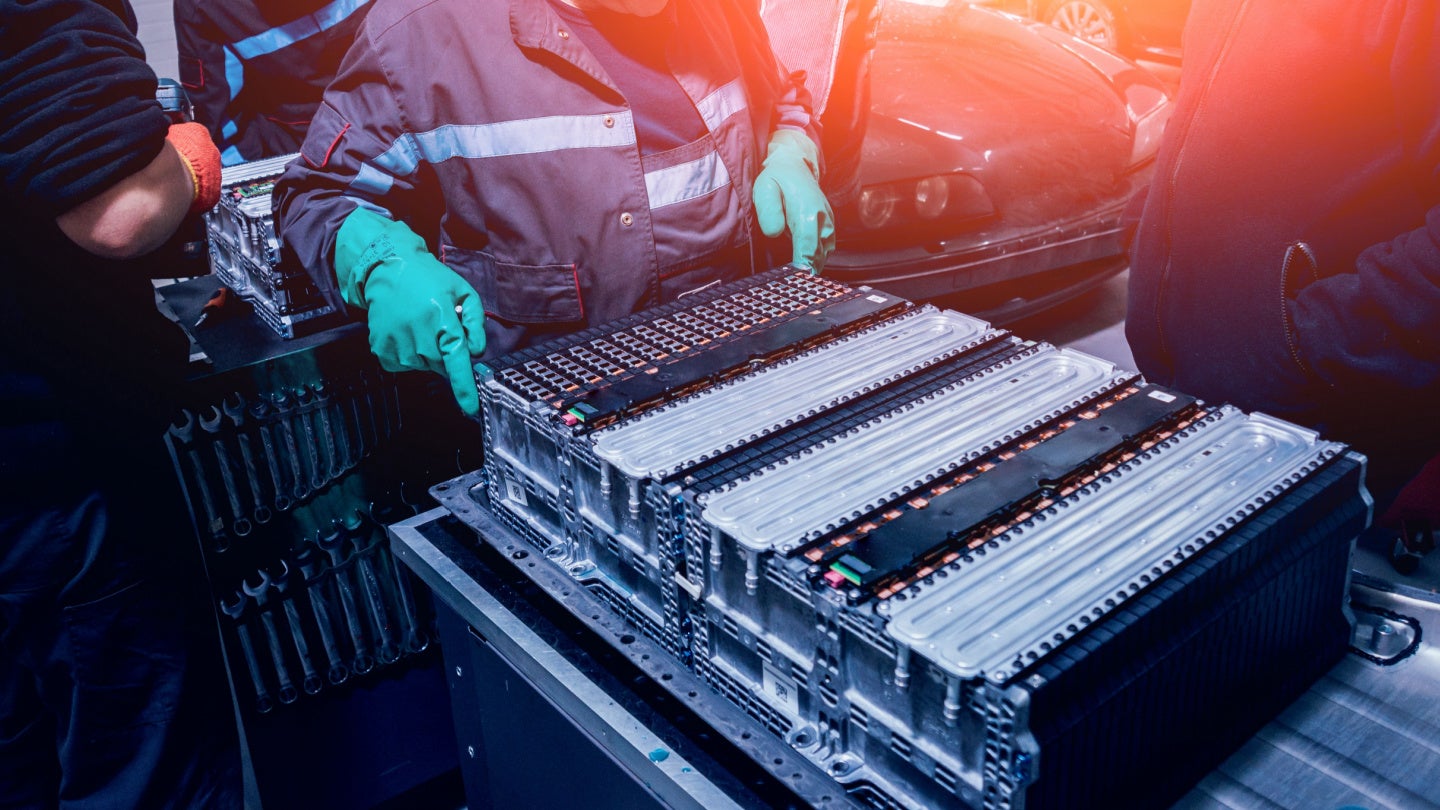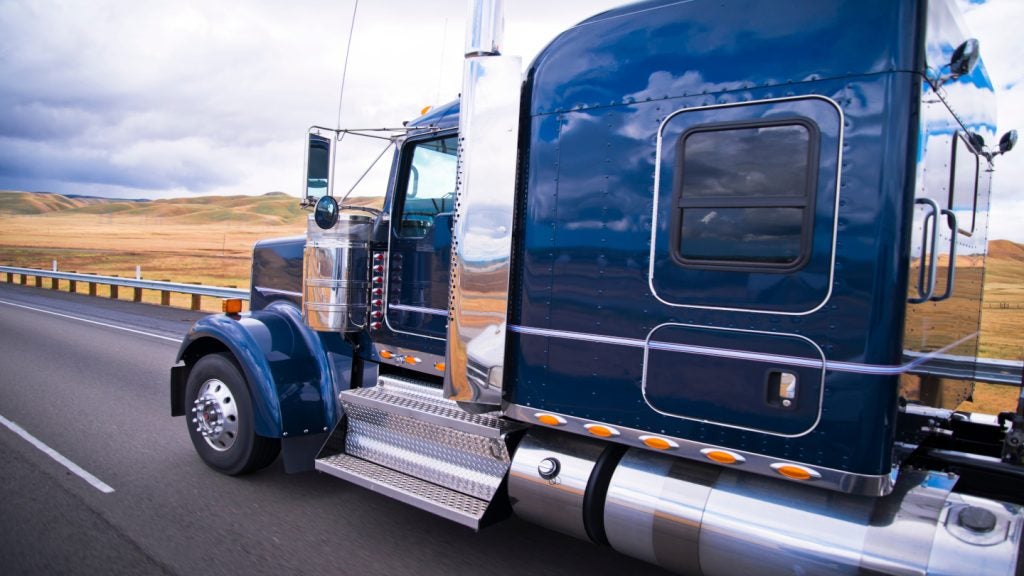
Multiple Chinese companies have invested into South Korean battery manufacturers to be eligible for tax credit rules under the US’ Inflation Reduction Act (IRA), reports Reuters.
The Act includes tax credits for electric vehicles (EV) intended to both promote a clean energy transition for the US as well as manage the country’s dependency on foreign made batteries.
However, to be eligible, the vehicles must not have used any critical materials that were mined or processed in a “foreign entity of concern” or use a battery that was assembled in a “foreign entity of concern”.
Despite these regulations, Reuters reported that five new battery manufacturer plants were announced by Chinese companies in partnership with South Korean firms just this year.
The US and South Korea currently have a free-trade agreement and as of 2019 South Korea was America’s 6th largest trading partner “with $134bn in total (two-way) goods trade in 2019” according to the United States Trade Representative.
There is already growing speculation on whether the batteries produced at these plants will be compliant with the IRA’s rules over its tax credits.
How well do you really know your competitors?
Access the most comprehensive Company Profiles on the market, powered by GlobalData. Save hours of research. Gain competitive edge.

Thank you!
Your download email will arrive shortly
Not ready to buy yet? Download a free sample
We are confident about the unique quality of our Company Profiles. However, we want you to make the most beneficial decision for your business, so we offer a free sample that you can download by submitting the below form
By GlobalDataAlready the term “foreign entity of concern” has been used in the CHIPs and Science Act under the definition of “any entity- including US based or incorporated entity- of which a Chinese person/company directly or indirectly holds at least a 25% voting interest,” according to Hogan Lovells legal analysis.
In conversation with Reuters, a South Korean company official within the EV battery industry explained that Chinese firms “often sign deals with South Korean battery makers to diversify their own product portfolios as a part of strategies to alleviate geopolitical risks” posed by the IRA.
A GlobalData thematic report into critical minerals states that whilst China has “already secured a monopoly over the supply of many critical minerals including lithium”, it anticipates that the biggest demand for batteries and lithium will be from EVs.
GlobalData forecasts that global production of EVs will rise from 2 million in 2020 to over 17 million by 2025.
Eventually it predicts that EVs will account for 50% of global vehicle production by 2035, creating even more demand for batteries to keep up.
As the EU and US struggle to tackle a critical minerals shortage, dependence on Chinese funded batteries may deepen.
If the IRA follows the same definition as the CHIPs Act, then many of these proposed battery plants in South Korea could be at risk of not being eligible for tax credits.






